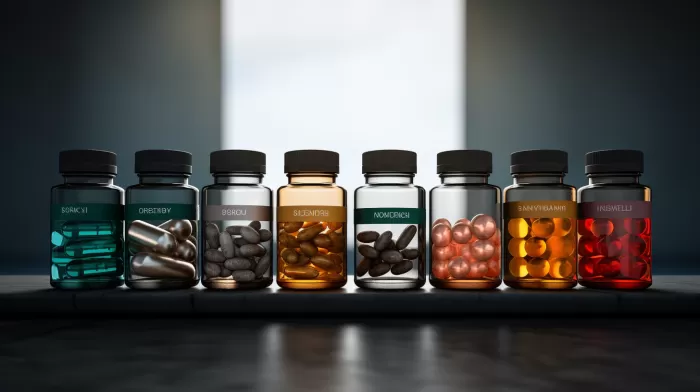When CBS News aired a story on dangerous ingredients found in dietary supplements sold around the country, it piqued my interest. Dr. Tara Narula correctly stated that patients think that “if it’s natural, it’s safe.” But then she claimed that supplements have a lack of proven effectiveness, are linked to 28,000 emergency room visits per year, and cause organ damage and even death. She further claimed that because of the supplements’ lax regulation, consumers have no idea if the products are contaminated with bacteria, heavy metals, or mislabeled. After looking closely into these claims, I found that the truth is not as dire as Dr. Narula claims.
The Statistics on Emergency Room Visits
Firstly, Dr. Narula misquoted the statistics on supplements and emergency room visits. According to a report in the New England Journal of Medicine, supplements cause an estimated 23,000 ER visits per year. She inflated that number by 5,000. Still, it has to be put into perspective. To do that, let’s compare it to the alternative: prescription drugs. In 2011, the American College of Emergency Physicians reported that drug-related poisoning was the cause of nearly 700,000 ER visits per year. Comparing these statistics, it’s evident that prescription medications are 30 times more likely to land you in the ER than a supplement.
Dangerous Ingredients in Supplements?
Looking into the specifics of the ER visits linked to supplements, more than half of them were caused by weight loss or energy supplements taken by patients aged 5 to 19 years old. The next most common category was bodybuilding and sexual-enhancement supplements. Visits from taking micronutrients (vitamin and minerals) were related to allergic reactions or swallowing difficulties. Less than 1 in 10 of these ER visits resulted in hospitalization. That amounts to an average of 2,154 people yearly – out of more than 150 million supplement users.
Contaminated and Mislabeled Supplements?
Dr. Narula’s statement about lax regulation is only partially correct. There are indeed varying quality levels of supplement manufacturers. Some rely on good manufacturing practices (GMPs) that involve close examination and testing of raw materials, mixed products, and finished products. Furthermore, many of these companies qualify and approve their raw materials’ suppliers and even conduct independent third-party testing and certification.
However, the 2013 NYC State Attorney General’s office investigation found that four out of five leading supplement brands did not contain the herbs the labels claimed. Certain companies like those I trust would never use this kind of mislabeling.
Safety and Effectiveness of Supplements
An online article I found listed 15 supplement ingredients to avoid, as they can cause organ damage, cardiac arrest, and cancer. Included in this list were green tea extract powder, Kava, and red yeast rice – supplements I’ve recommended for years. More clarification on the safety and effectiveness of supplements is needed to debunk the negative image portrayed in the media and spread the truth about their real benefits and potential risks.



